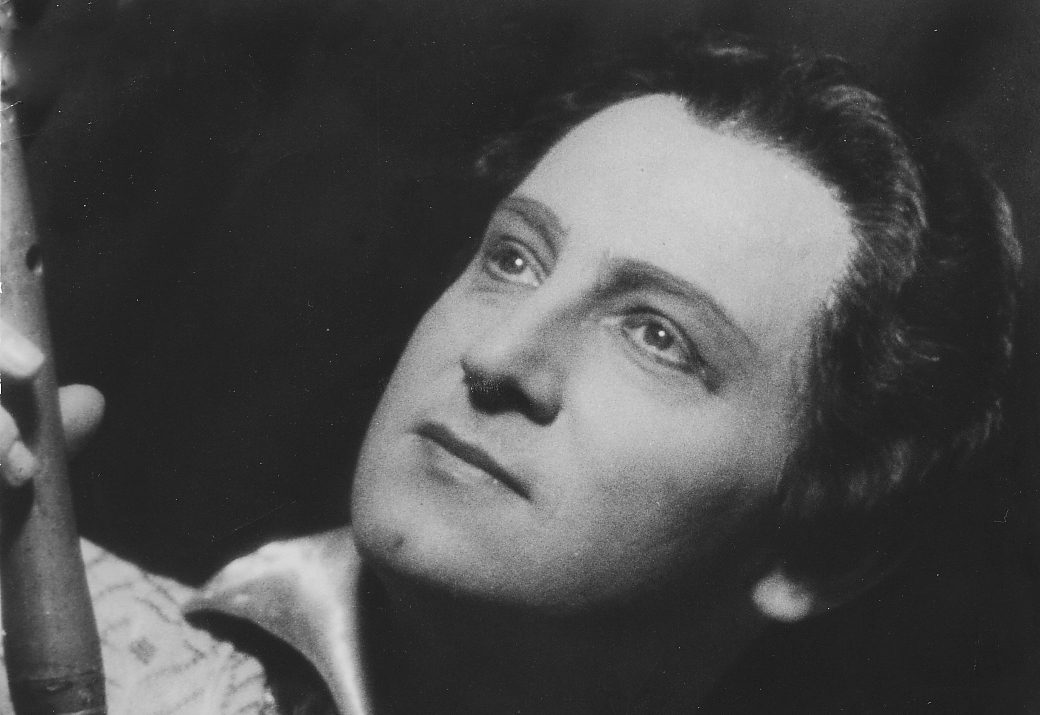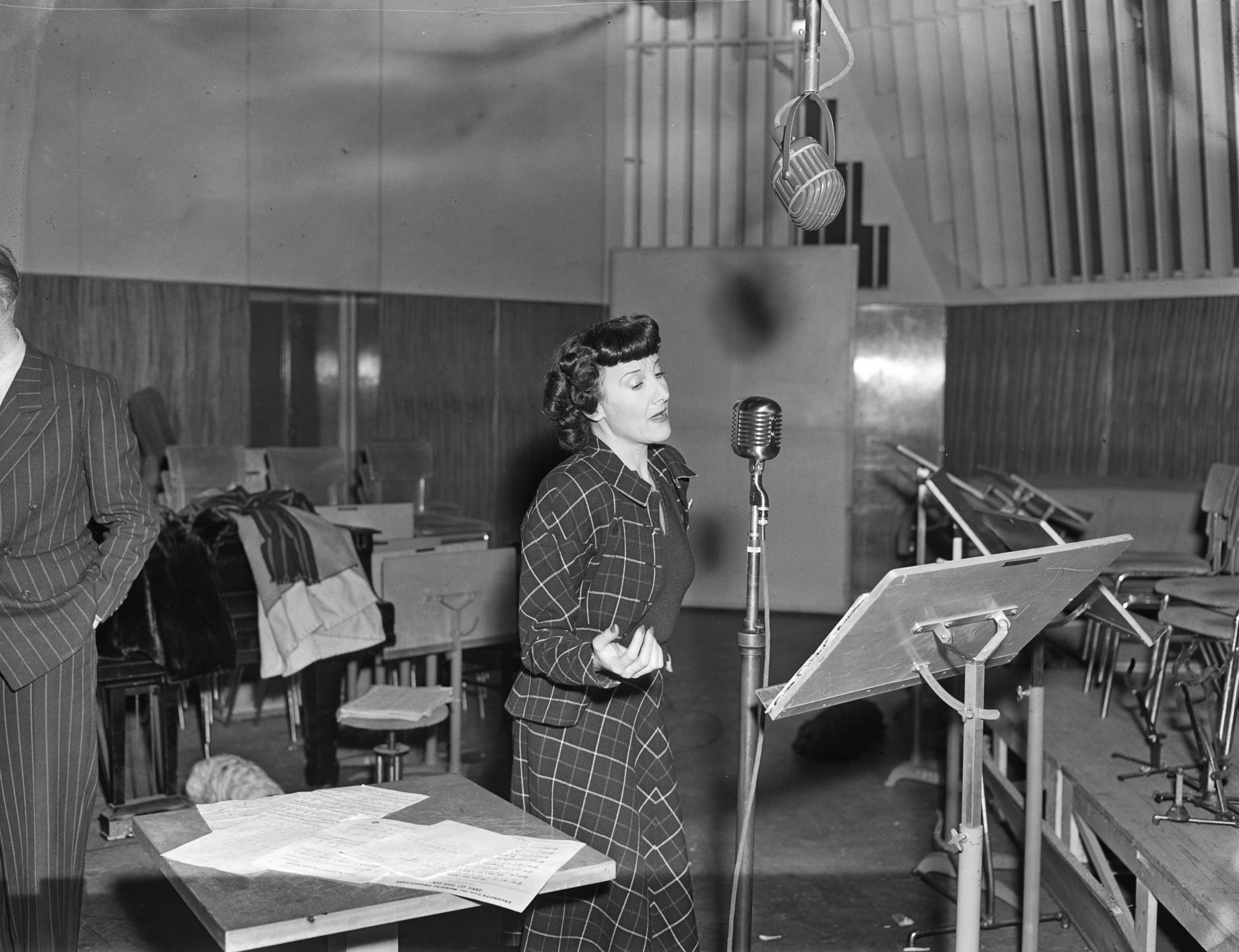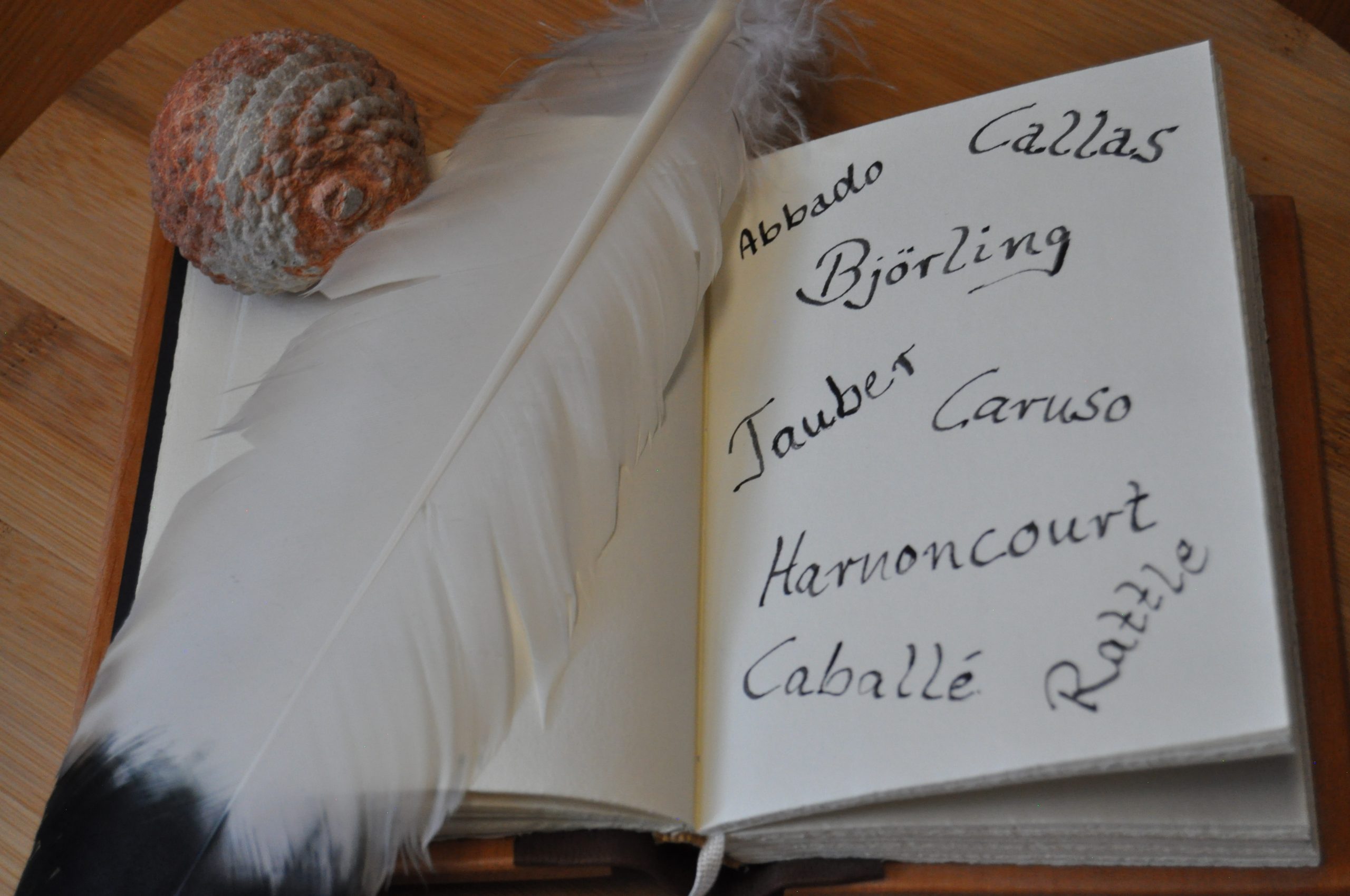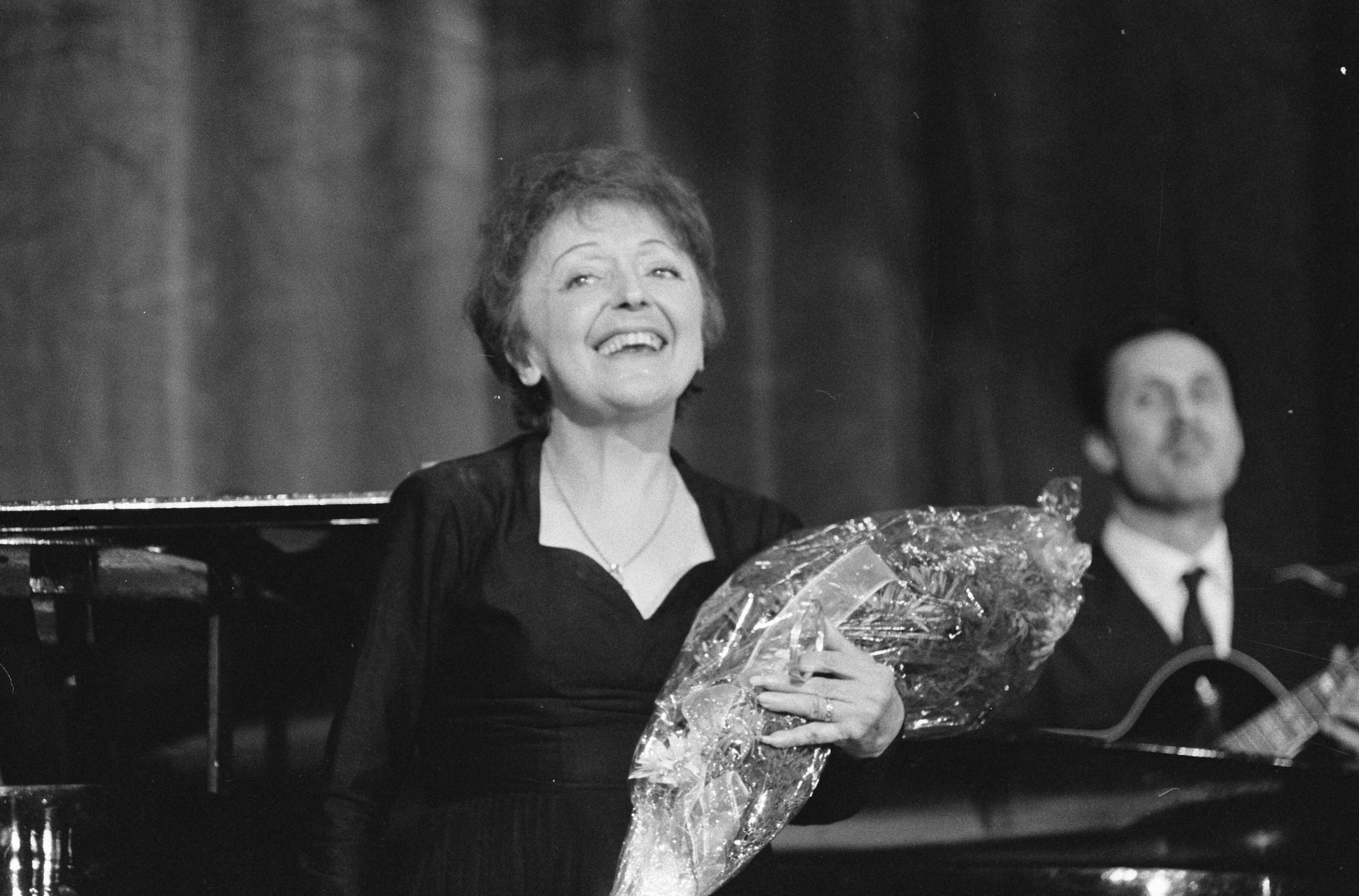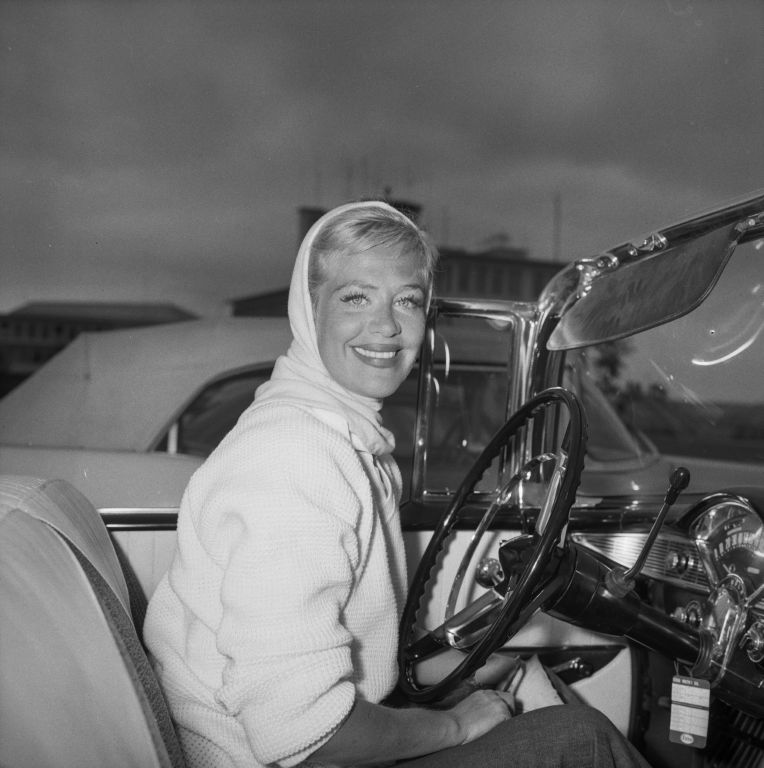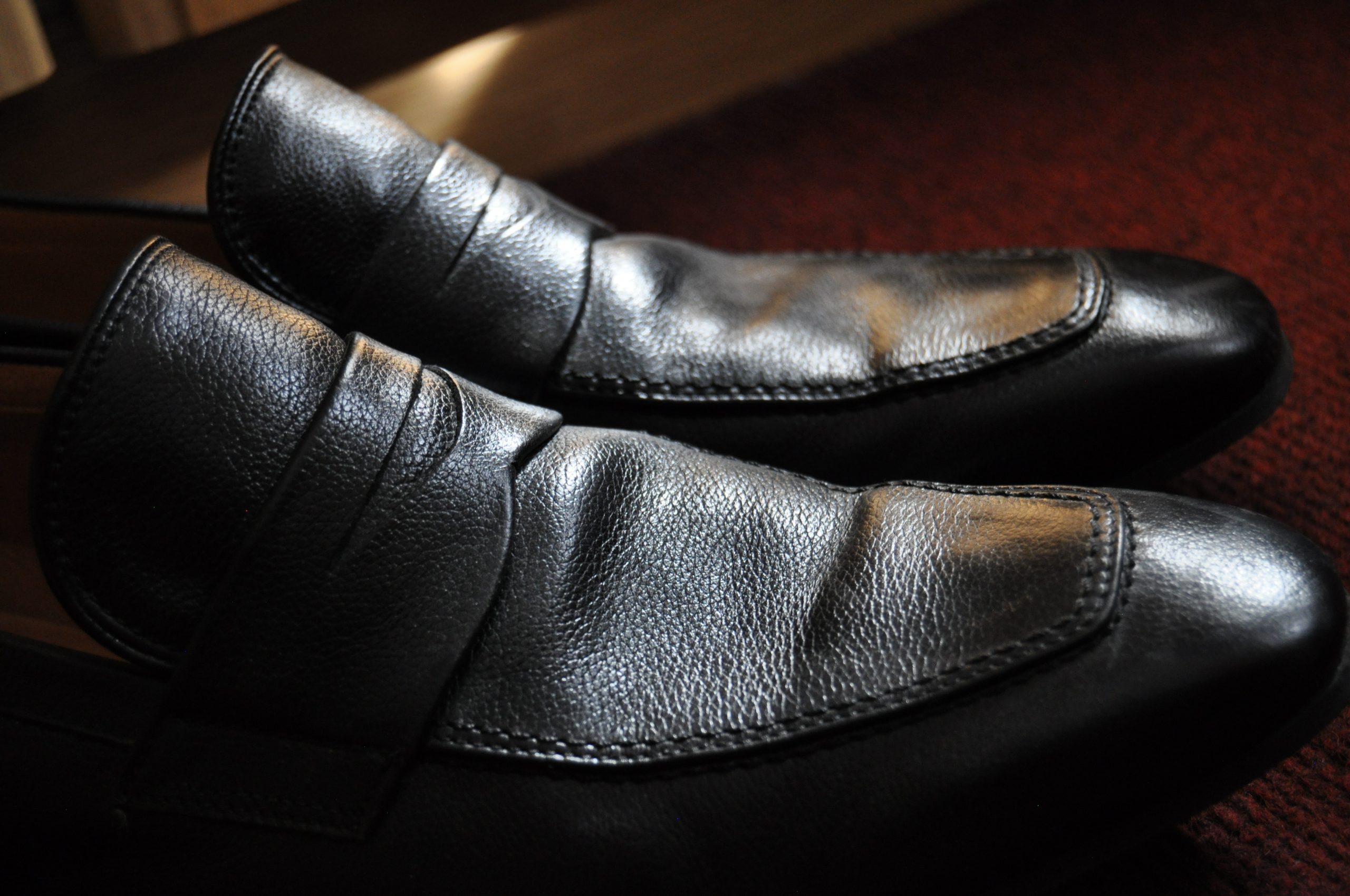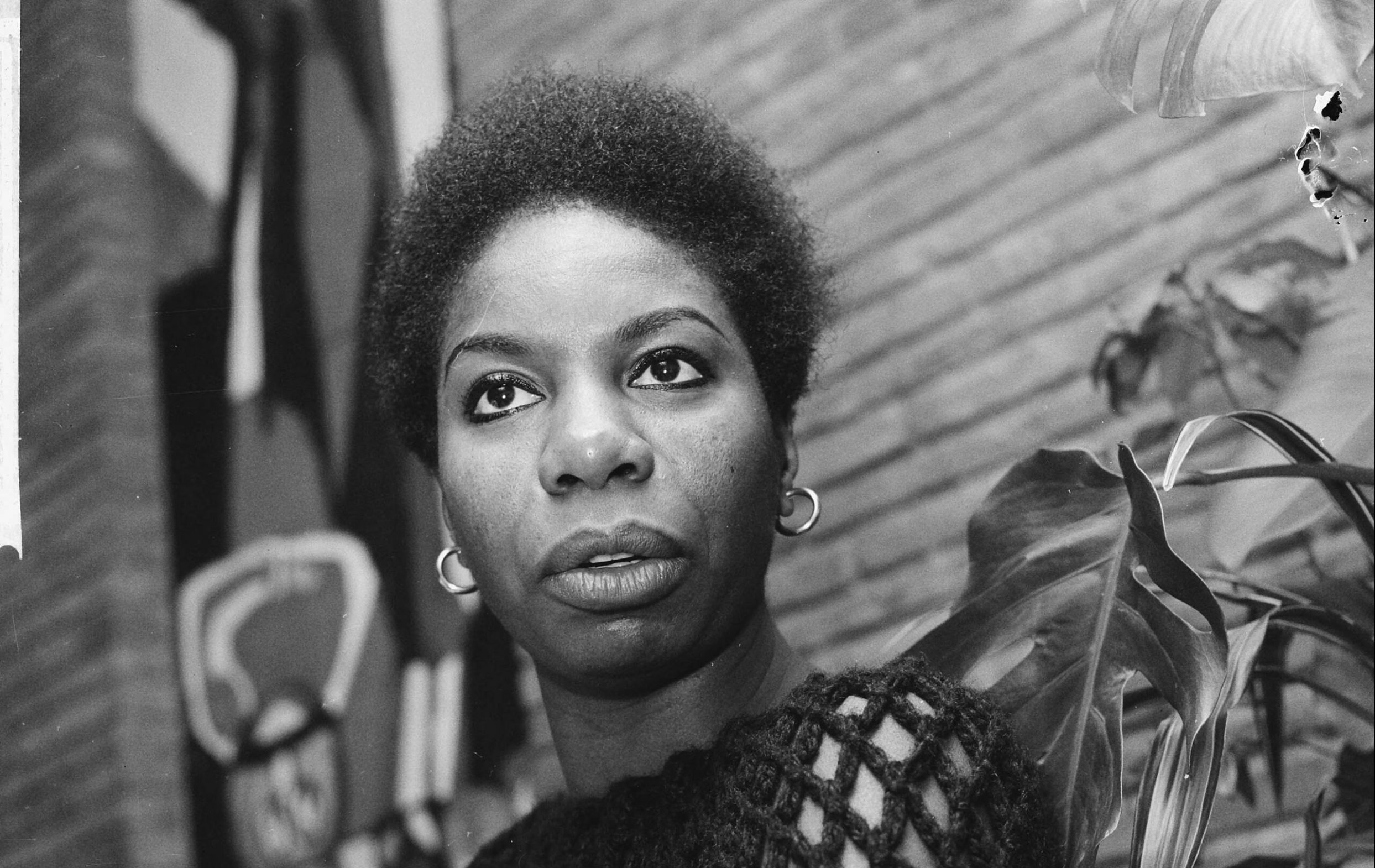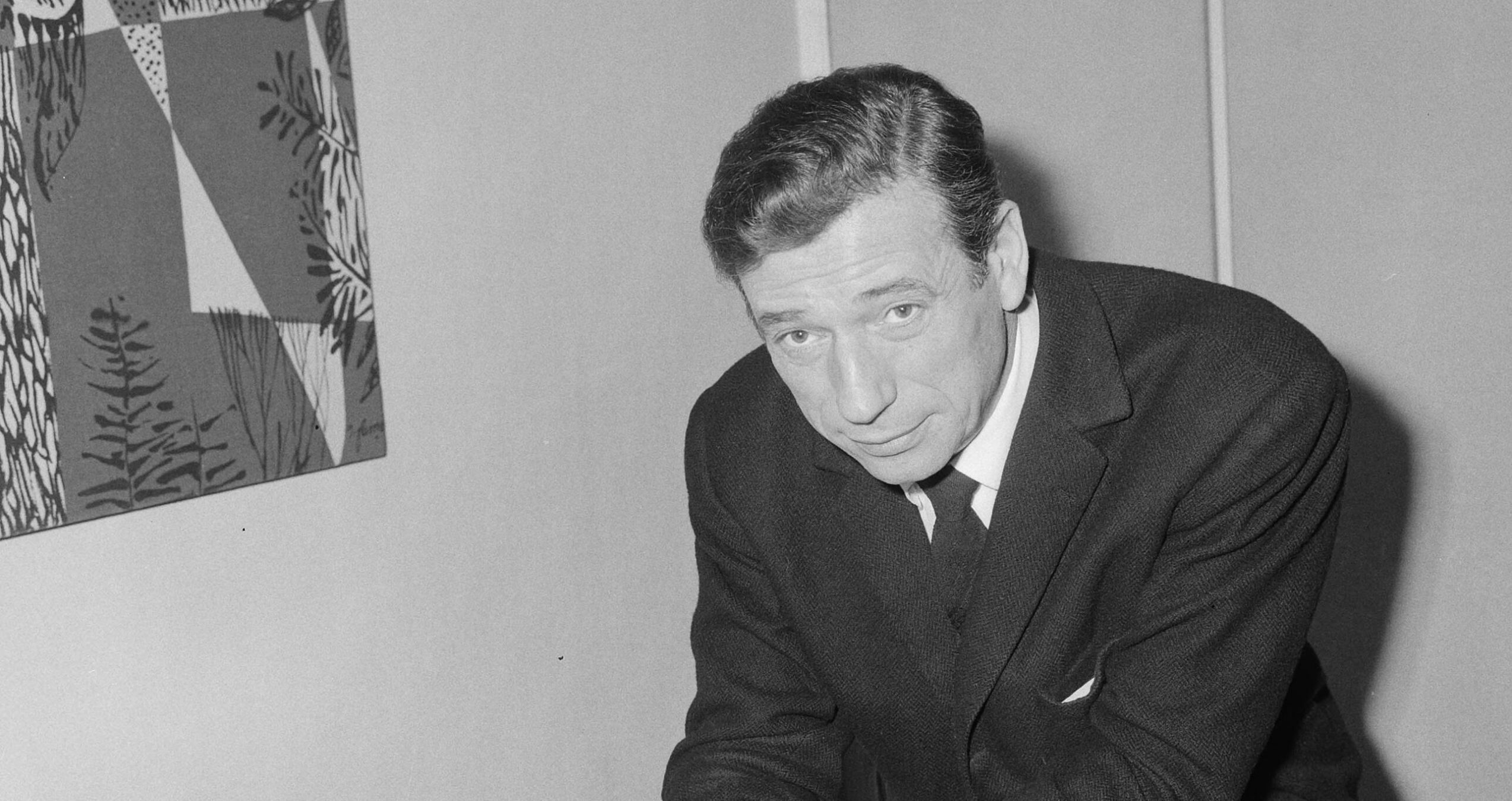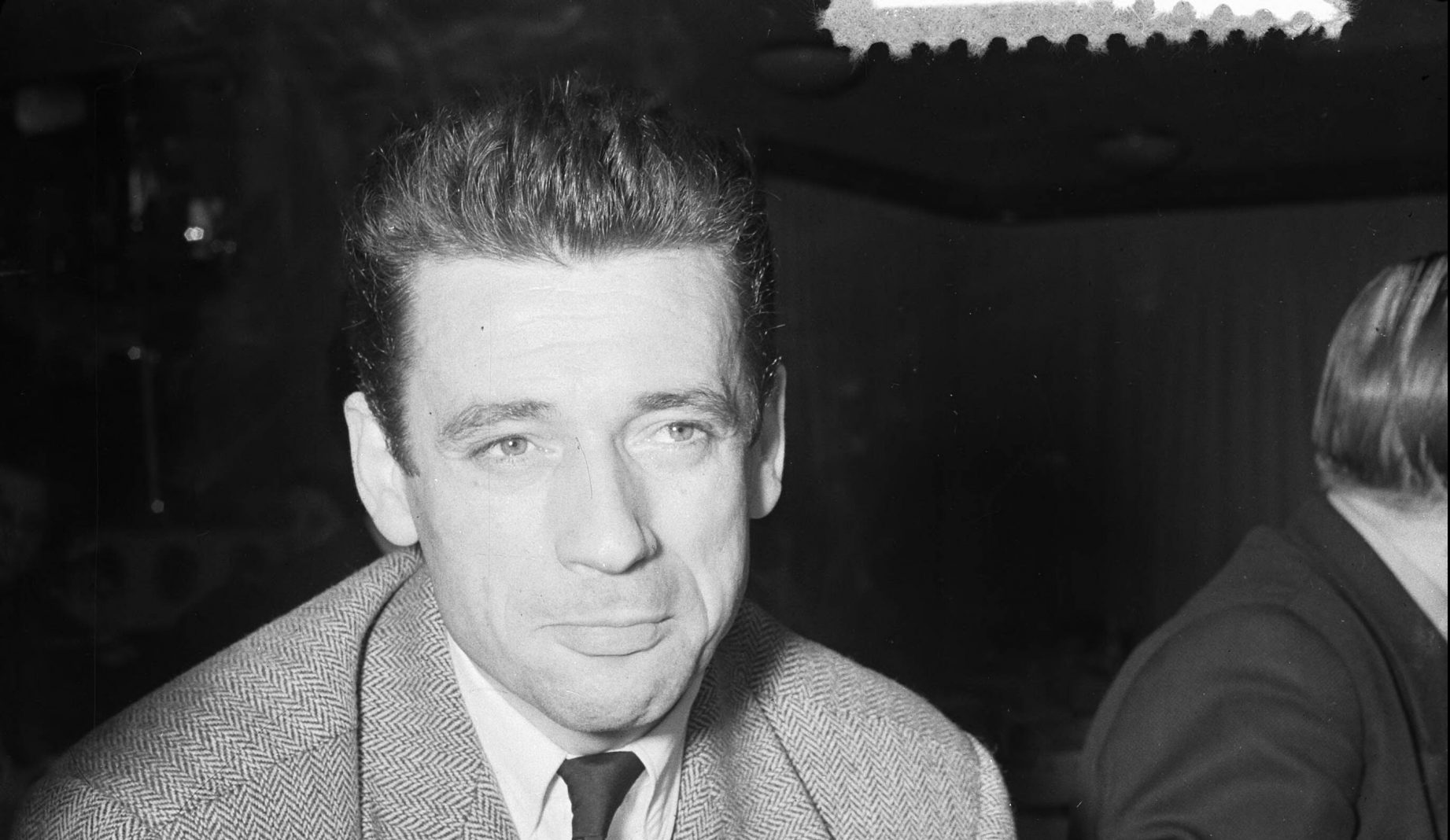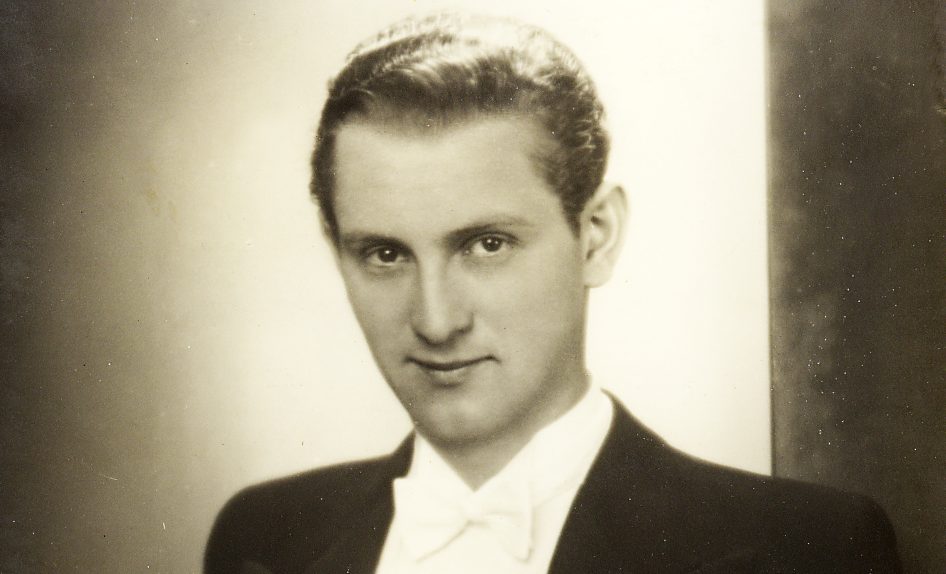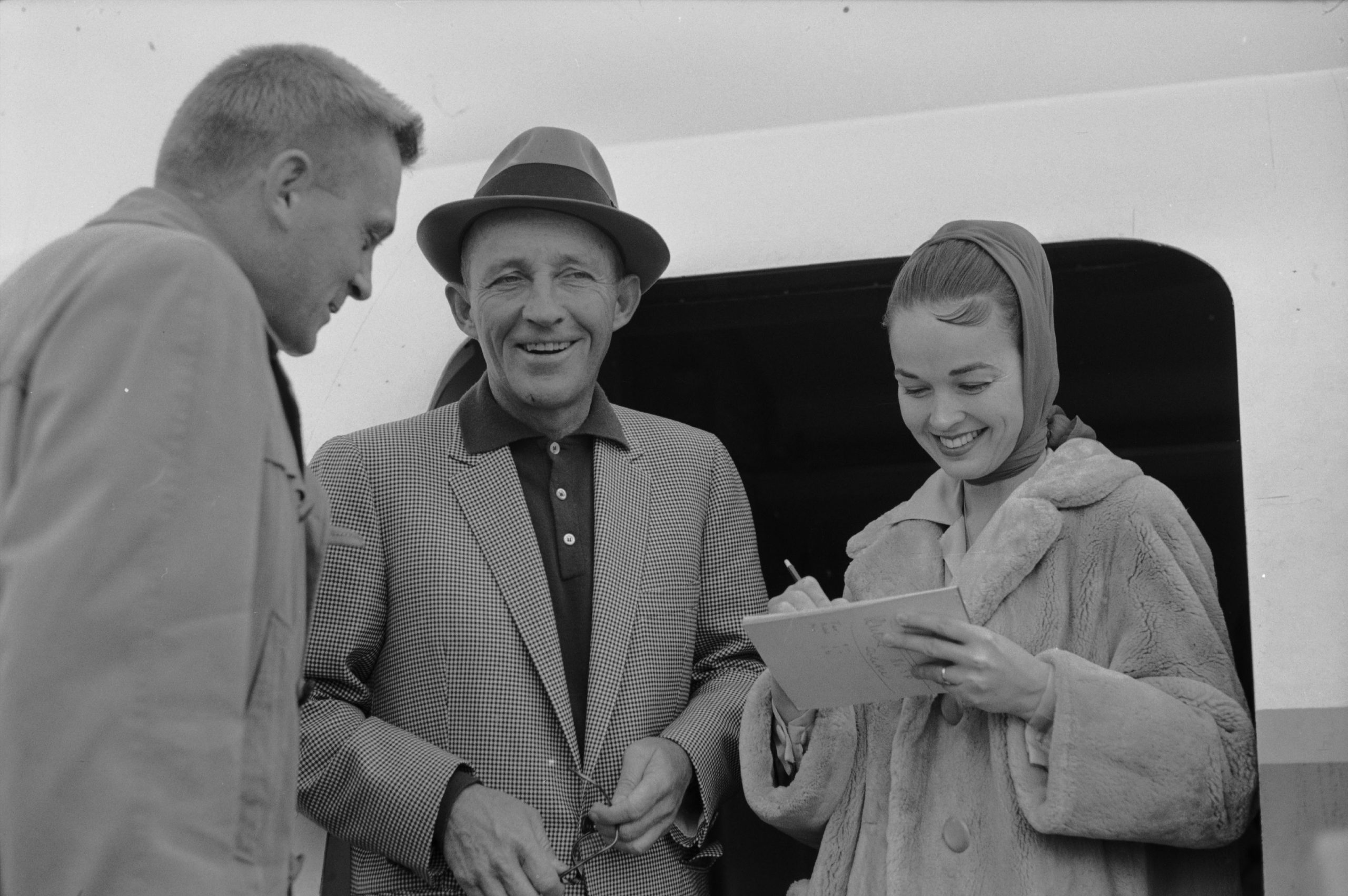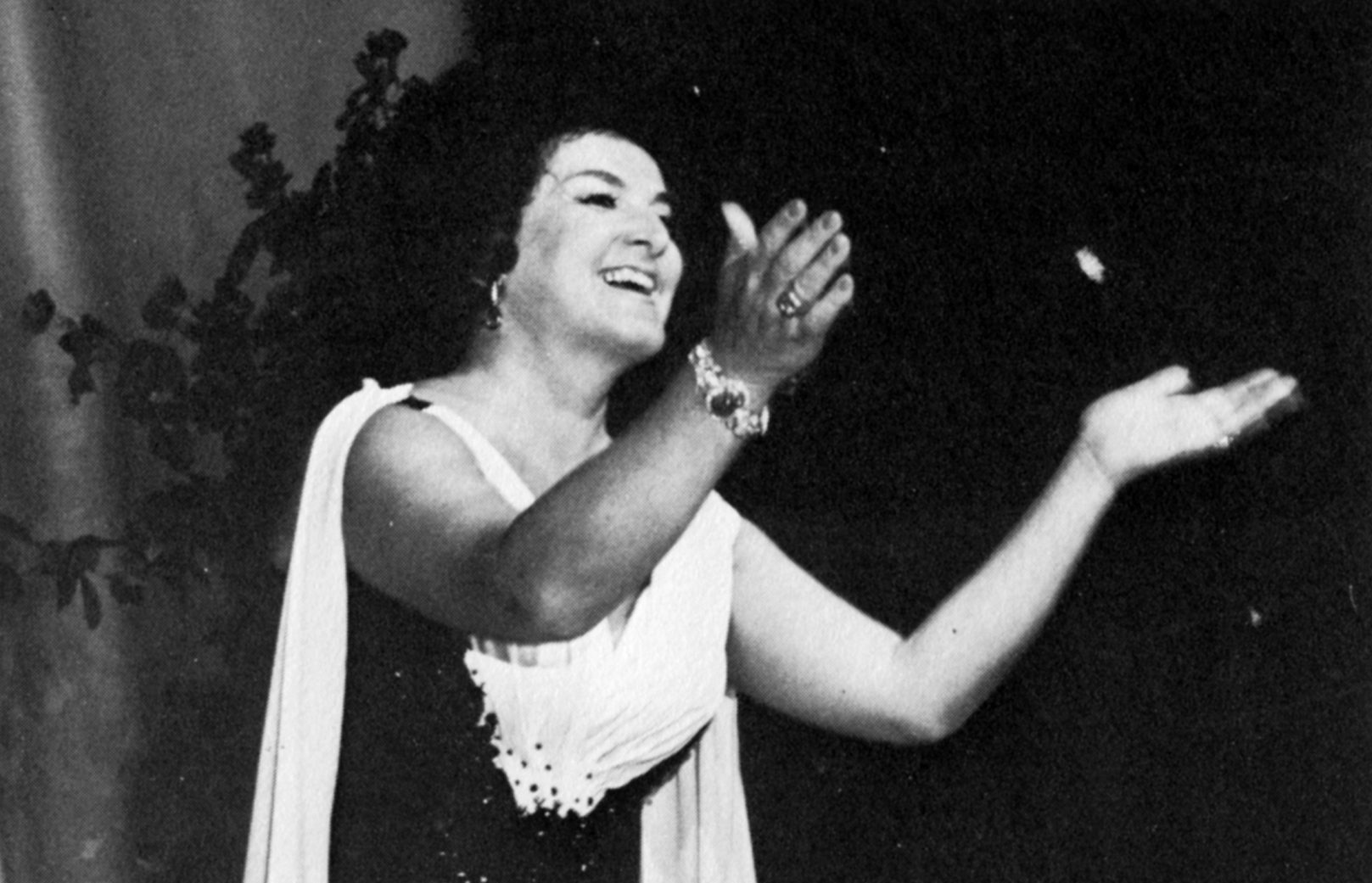The Georgian-French pianist Khatia Buniatishvili released her album “Motherland“ in 2015: “Motherland“ brings together interpretations of classical music by a wide variety of composers, all of whom have one thing in common: They set out in search of their “Motherland“.
Each piece embarks on a search for home in its own way. Buniatishvili on the piano is the medium that allows the listener to immerse himself in the world of the piano compositions of Bach, Mendelssohn, Debussy an Chopin, to name but a few.
Listening to the first piece, “Aria: Schafe können sicher weiden“ (Sheep may safely graze) by Johann Sebastian Bach (1685-1750), one almost feels like one of the grazing sheep on the meadow, musically described by Bach, who call the green color of nature their home. The rejoicing, but not very fast melody gives you the feeling of security that you often only experience in your home country.
In “Lied ohne Worte in F-sharp minor“ (Song without words) by Felix Mendelssohn (1809–1847), whose “dance-like elegance“ (quote from booklet author Hannah Dübgen) is successfully transported by Khatia Buniatishvili, one is reminded that home is a place of light-footedness. When you are at home, everything seems simpler, worries tend to vanish into thin air, and you feel tempted to swing your dancing leg. All this can be found in Khatia’s interpretation of “Lied ohne Worte“; for her, home is a place where you don’t need words to communicate.
Buniatishvili’s interpretation of “Clair de lune“ from the Suite bergamasque by Claude Debussy (1862–1918) gives the piece a new meaning: the musically circumscribed moonlight that illuminates the earth at night from far away stands here for the homeland when one is in a foreign country. One is homesick and the myth of one’s beloved “Motherland“ has a tight grip one one, just as the bright moonlight of the night entices one to look up into the sky and long for home.
The light-footed elegance of “Lied ohne Worte in F-sharp minor“ returns in “Slavonic Dance in E minor“ by Antonin Dvorák (1841–1904). In this interpretation Khatia sits at the piano together with her sister Gvantsa Buniatishvili. If one did not know better, one might think that there is only one person sitting at the piano; thus the sisters merge together in this interpretation, which reminds one of the “dancing elegance“ of Mendelssohn’s composition.
In “Menuet in G minor“ by George Frideric Handel (1695–1759, Khatia’s interpretation shows the musical connection with the homeland that lives in everyone. Home is the first place where one comes into contact with music, and this slow piece, filled with strong emotions, describes the musical connection with the “Motherland“ that one longs for from afar, far away from home. | More articles concerning music

 Deutsch
Deutsch

